I remember setting my eyes on the Eiffel Tower for the first time. I was walking the streets of Paris with my family, and I could see the tip of the tower from a distance, peeking from behind a building. I was both overwhelmed and fascinated, and a few steps later, I was standing in front of the Eiffel Tower.
In their conversation with Paul outside the gardens of Versailles, Paul remarks that nostalgia is the "denial of the painful present." Their entire conversation describes exactly how I feel about life, but this line, in particular, jumped off the screen for me. Gil is unable to appreciate what is happening in the now, and instead wants to be a part of something that has already taken place, without him.

Gil and Inez are polar opposites. Gil wants to walk the streets of Paris, discover its hidden beauty, and even walk in the afternoon rain, because that's the beauty of Paris! Inez wants to spend time with Paul and her family, have exquisite lunches and dinners, and refuses to walk in the rain because she doesn't want to get wet. So, Gil is encouraged to spend his evenings alone, doing what it is that writers do, while Inez is out dancing wand spending her time with her family.
The feeling of nostalgia within Gil is explored when he is picked up in a classic car, every midnight, which serves as a time machine back into the 1920s. Gil meets his idols, including Ernest Hemingway, F. Scott Fitzgerald, Zelda Fitzgerald, Pablo Picasso and Salvador Dalí. There is nothing stopping him from returning back to the present, and every chance he finds, he is back rubbing elbows with the legends. This is where the genius of the film lies, the ability to take us back into time, and see history from the present. Midnight in Paris is similar in tone to The Purple Rose of Cairo (1985), a nostalgic and romantic look at a time that is long gone.

In his adventures in time, Gil stumbles across Pablo Picasso's lover, Adriana (Marion Cotillard). There is a spark that comes alive between them, and they are taken further back into time to the Belle Époque in the 1890s. The glamour of the time period fascinates Adriana, who refuses to go back to her "present day." Gil, however, quickly learns that a different time period other than the one we live in is not necessarily better. There will always be a desire and a longing for the past. Gil has desired to live in Paris in the 1920s, whereas Adriana, who lives exactly in that time period, wishes to live in Paris in the 1890s.
The theme of nostalgia is explored in a conversation towards the end of the film, as Gil (and the audience) realizes that the purpose of life is to live, and appreciate the imperfection of our own time. I hear a lot of people complaining about where they live, and they often wish they were living in a different time period -- and I'm among these people -- but this film lets us realize that it doesn't matter where and when we live.

Midnight in Paris is Woody Allen's most hopeful and positive ending ever. This film speaks to our deep fears and complex desires and tells us that the most important thing in life is to live. I smiled immediately at the first drop of rain, because that was the perfect conclusion for such a touching film. The simple reason we live is for that exact moment in our own lives, to find someone to walk in the rain with us, someone who doesn't mind getting a little wet.
Midnight in Paris opened the Festival de Cannes on May 11, 2011 and is scheduled for release on May 20, 2011.
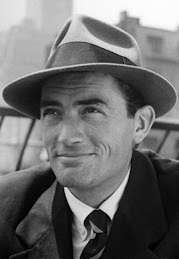

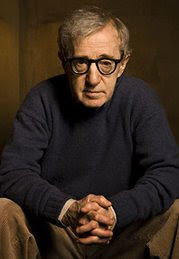

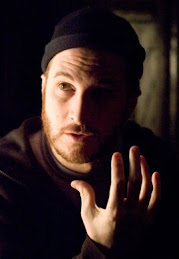

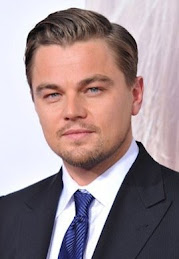
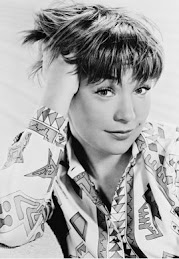
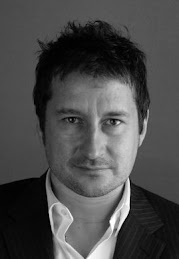
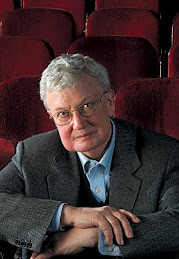
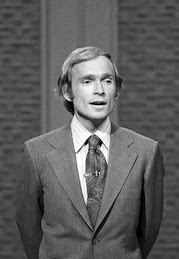


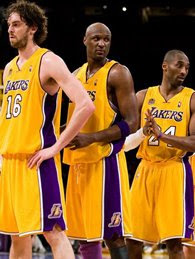

Magnifiquement écrite!! :)
ReplyDeleteThis comment has been removed by the author.
ReplyDeleteGreat review dude, I saw this tonight and really liked it as well. Good call on the Purple Rose of Cairo, which shares a similar sentimental tone as well along with the theme of wishing to escape one's reality. It's not hard to imagine Allen himself in the lead role, romanticizing the past, meeting his idols, perhaps Chaplin and Groucho Marx in his case, but also coming to the same realization of the need to embrace the present.
ReplyDeleteI have been meaning to read this review. Woody Allen's message in this film reminds me a lot of what Fran Lebowitz says in Scorsese's documentary Public Speaking. It's a line I will never forget. She commented on the nostalgia of our era/generation. Lebowitz said (I'm calling from memory), it scares her that this generation is stuck in the past, because we wont be able to progress in any way if we are always wishing to be in the past. She blames it on the older people who run most of the major companies today, because they are from those eras and they call all the shots. The new generation (us) is who she is looking forward to in creating new ideas and overall progression.
ReplyDeleteI agree with this message full heartedly. And I'm very happy to see someone like Woody Allen, a 1930's man, being bold and wise enough to comment on this. Though I haven't seen it, the film seems to distract us from this very poignant idea with all the romance? Maybe?
Either way, I'm going to see this film now.
I completely see your point behind Fran Lebowitz’s way of thinking, and I agree with both of you. I personally feel like it’s not necessarily the older generation that’s stuck in the past. I am the first to admit that I am extremely nostalgic and that I would almost consider anything from the past to be of significance. I think part of that comes from the rapidly changing environment we live in, which I feel like sometimes comes from the older generation. In cinema, for instance, we’re being forced to embrace new technology (3D, motion capture) by the older generation (James Cameron, Robert Zemeckis). These are filmmakers that grew up with 16mm cameras in their hands, but they’re the reason why we don’t shoot on film anymore. In cinema, the sense of nostalgia has completely vanished. I feel like the younger generation of filmmakers (or perhaps I’m only speaking for myself) is more nostalgic in that sense. It’s us who truly acknowledge the power of film, and although we’re all shooting on digital, we would all before to shoot on film if we could afford to do so.
ReplyDeleteIf I put that aside and consider the everyday life, like Fran Lebowitz is saying, where we’re stuck in the past and we can’t move forward unless we move forward, then I would agree. I feel like it’s extremely important to constantly look forward to new technology, ways of thinking, and so on to move our culture forward. I think that kind of mentality holds back the older generation, yes. I feel like the younger generation is more likely to embrace Facebook and Twitter and use these platforms as tools of actually spreading positive ways of learning. If we look at these emerging tools as a negative, we could essentially be stuck in the past, instead of embracing them and using them to our advantage, to keep moving forward in our culture.
So, I suppose I do agree, but not on a cinematic sense. I feel like there is no such thing as nostalgia in film. I think the statement Woody Allen is making is on both ends. I think his statement is less about what Fran Lebowitz might be referring to. I think Woody Allen was using this film a way of therapy, as I like to imagine all filmmakers use their films, to reassure himself of his worries.
In terms of the idea distracting us with the romance, I don't know if that's the case. Gil is romantic for the past; he's in love with the culture that came before him, not his wife or anybody else. I’ll also perhaps add this in the blog, but consider this. Gil walks away from Inez (the present) because he is unwilling to accept the present. Gil is denying the present from his life. Gil prefers Adriana (the past) but doesn’t stay with her either, and eventually, as he tells the audience and her, Gil is rejecting the past. In the end, Gil ends up with Gabrielle (the future). I think that’s the beauty of this film. It’s not about the romance about a particular woman. It’s a romantic comedy, in that sense. It’s more about which era he will choose, and in this case, Woody Allen chooses to embrace the future.
Nostalgia is the beautiful remembrance of the past, however at times looking forward to the future is one of the most compelling aspects of living in the present. Woody Allen told his story with the utmost passion and your review only made the film that much more charming!
ReplyDeleteA great little post Armen.
ReplyDeleteInstantly, for me, this leapt from the page "So, Gil is encouraged to spend his evenings alone, doing what it is that writers do" -- writing waxingly about times long gone. And, while I too linger there more than I'd probably like, I also see an importance in moving forward, in creating new art forms. Which is perhaps what Allen is doing, in the end here.
Wouldn't you also say that the opening smacked you in the face as serving homage to Manhattan, though quite less...in love?
In the original draft of this review, I actually had written about the opening sequence in comparison to Manhattan. I don't know if it's less in love, it's more like it's Paris through the eyes of Woody Allen - not just any old tourist - and his fascination with the city. I still think it carries an element of love, but it doesn't have the deep affection you can feel in Manhattan's opening sequence.
ReplyDeleteThis is a great little find. Thought you might enjoy it:
ReplyDeletehttp://www.stumbleupon.com/su/1c5bLI/www.thelmagazine.com/TheMeasure/archives/2011/05/25/in-which-woody-allen-talks-about-his-zelda-fitzgerald-fixation
Wow! Woody Allen directing The Great Gatsby would probably be the most amazing thing in the world.
ReplyDeleteIt would be pretty great, wouldn't it?
ReplyDeleteRemember too, that Mia Farrow played Daisy in the original film, to very little effect. Nevertheless, it was Mia Farrow. So fascinating.